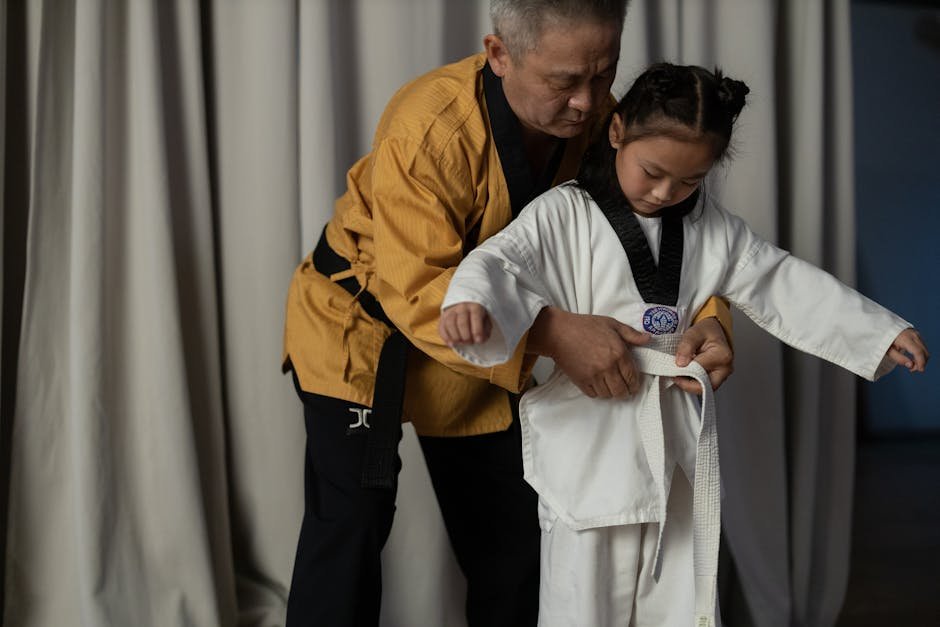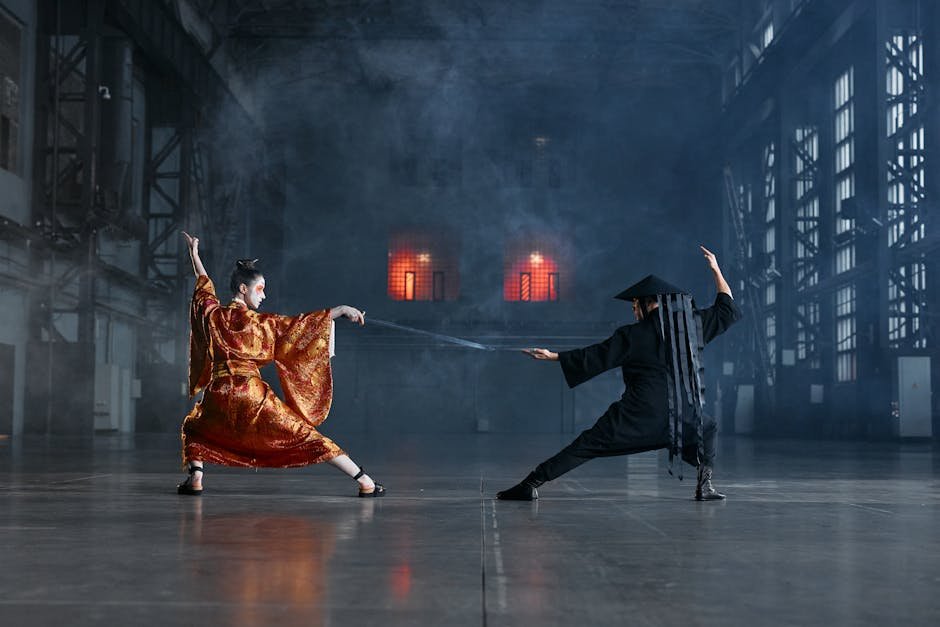As a parent, witnessing your child's growth and development is a remarkable journey. Enrolling your child in martial arts classes not only fosters physical strength but also instills valuable life lessons. Let's delve into the profound teachings children can learn from a dedicated martial arts sensei.
The Importance of Discipline and Respect
One of the core tenets of martial arts training is discipline. A martial arts sensei teaches children the value of showing up consistently, putting in effort, and staying committed to their practice. Through this structured environment, children learn to respect authority, follow rules, and work diligently towards their goals. Such discipline instilled by a sensei transcends the martial arts class and becomes a guiding principle in a child's everyday life.
Respect lies at the heart of martial arts philosophy. A sensei emphasizes the importance of respecting oneself, peers, and instructors. Children learn to bow as a sign of respect, listen attentively, and treat others with kindness. By internalizing respect in the dojo, kids develop strong character traits that positively influence their interactions at school, home, and beyond.
Building Confidence through Practice
Martial arts practice empowers children to believe in themselves. A sensei guides students through gradual skill progression, encouraging them to push past their limits and celebrate their achievements. As children master new techniques and earn higher belts, their confidence soars. The supportive environment of a dojo, where mistakes are viewed as opportunities for growth, nurtures a child's self-assurance both on and off the mat.
Moreover, the feedback and encouragement provided by a martial arts sensei play a pivotal role in shaping a child's self-esteem. By acknowledging and praising their efforts, a sensei helps children build a positive self-image and develop the resilience needed to tackle challenges with confidence.
Through consistent practice and perseverance, children realize that hard work leads to progress, fostering a sense of accomplishment that boosts their self-belief. The confidence gained in martial arts class translates into various aspects of a child's life, aiding them in overcoming obstacles with poise and determination.
Learning Perseverance and Persistence
Perseverance is a cornerstone of martial arts training. A sensei guides children to push through challenges, setbacks, and moments of self-doubt. By encouraging perseverance, a sensei instills in young learners the importance of staying resilient in the face of adversity. Whether it's mastering a complex technique or preparing for a tournament, children learn to persevere with dedication and grit.
Persistence is key to progress in martial arts. A sensei teaches children the value of consistent effort and practice. Through repetition and continuous learning, kids understand that improvement takes time and effort. This lesson in persistence equips children with the mindset to tackle difficult tasks head-on, never giving up when faced with challenges.
Understanding Humility and Self-Control
Humility is a fundamental virtue imparted by martial arts teachings. A sensei cultivates humility in children by teaching them to embrace feedback, learn from mistakes, and acknowledge the strengths of others. By bowing to opponents and showing grace in victory or defeat, children learn the value of humility and sportsmanship.
Self-control is another crucial lesson emphasized by a martial arts sensei. Through controlled movements, focused breathing, and disciplined actions, children develop self-regulation skills. Learning to channel their emotions and impulses in a constructive manner, kids understand the power of self-control in managing challenging situations with composure and clarity.
Embracing Focus and Mindfulness
Focus is paramount in martial arts practice. A sensei teaches children the importance of concentration, attention to detail, and mental clarity during training. By honing their focus, kids improve their ability to learn new techniques, react swiftly to opponents, and perform complex movements with precision.
Mindfulness plays a significant role in martial arts philosophy. Through practices like meditation and breathing exercises, children learn to be present in the moment, cultivate inner peace, and reduce stress. A sensei guides young practitioners to embrace mindfulness both on and off the mat, fostering a sense of calmness and awareness in their daily lives.
By instilling the principles of focus and mindfulness, a martial arts sensei equips children with the tools to navigate distractions, stay present in challenging situations, and approach tasks with a clear and centered mind. These valuable skills not only enhance their martial arts performance but also benefit their overall well-being and mental resilience.
In conclusion, a martial arts sensei serves as a beacon of inspiration, guiding young minds towards discipline, respect, perseverance, humility, and focus. These life lessons extend far beyond the dojo, shaping children into resilient individuals ready to face life's challenges with tenacity and grace.






